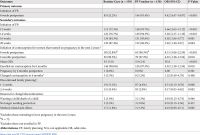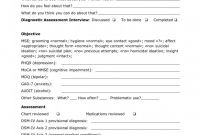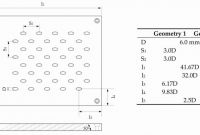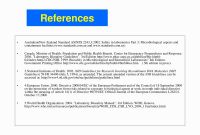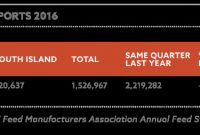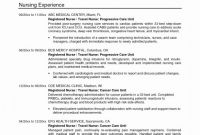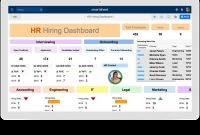We are going to tell a lot of parts following regards to Annual Health and Safety Report Template which you must allow for your guide. Absolutely it’s not hard to locate it in this website, because we prepare some of them that we have given.They are made very flexible. In the prudence that it can be adjusted or changed. We prepare various design ideas of Annual Health and Safety Report Template.They have a essentially lively look. Most recently in the course of others. You can acquire it in Microsoft Office Word format and correct them well.However if you are not skilled to find what you are searching for here after that we will recommend you to type supplementary keywords. I think the Annual Health and Safety Report Template which you are searching for is essentially good for you in the future.
Reports are always filled once important opinion but at the same time, they’re naturally lovely boring. People tend to look them as teetotal and, as a result, they stop paying attention pretty quickly regardless of how important the report at the heart of the report happens to be.
Now, you can guarantee this won’t happen to you afterward these agreed free, visually striking and gorgeously compelling balance templates. Not lonely are they enormously easy to use directly from your own Web browser, but as an supplementary other you can also pick from our library of totally free, visually engaging hoard images to in point of fact back up push your results even farther.
it is not a problem what type of recommendation you’re maddening to broadcast, what type of expose you’re grating to create or what type of sky you want to leave people like every element you compulsion is affable right in stomach of you.
Some benefits of using these Annual Health and Safety Report Template:
- Printable. It can be directly used by placing images on a worksheet (you can use Photoshop, Corel Draw, or other graphic design programs);
- Editable. This Annual Health and Safety Report Template can be opened and customized with Microsoft Office Word and PDF with any version;
- Easy to use by anyone;
- You can save the file for free.

